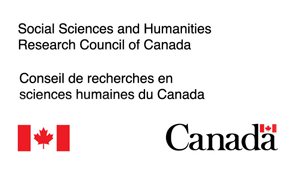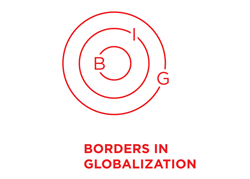Indigenous Internationalisms and Border Crossings
Code: BIG824
Apply this course towards:
Modern Border Management: (Im)migration and Mobility,
Modern Border Management: Law of Borders and Cross-Border Laws
Course description
Expressions of Indigenous internationalism are practiced in several different ways by First Nations, Inuit and Métis peoples across Turtle Island and globally. Encompassing Indigenous trade relations, diplomatic protocols, treaty arrangements, acts of solidarity and other assertions of self-determining authority, Indigenous internationalism is an emerging area of research that exposes tensions between Indigenous nations and states over border policies and highlights Indigenous relationships that transcend state borders. This course will examine the ways that Indigenous nations are expressing their relationships to lands and waters through complex diplomacies and forms of engagement, as well as their experiences with state border crossings. Drawing on Indigenous peoples’ perspectives across Turtle Island and beyond, each session will include short lectures, discussion, and an examination of case studies.
Special guest speaker:
- Thomas Tawhiri, Te Matatini Society Incorporated, New Zealand
- Shoukia van Beek (BIG Lab)
- Representative for the Indigenous Affairs Secretariat of the Canada Border Services Agency (CBSA)
Registration details
Select your offering:
You have already registered for this course.
This item is already in your shop cart.
You're already on the waiting list for this item.
Sorry, this section is full.
Online registration temporarily unavailable
Sorry, this course is not available for registration at this time.
This course is in progress. Please contact us for more details.
Online registration is closed for this course. You may still be able to register by phone. Call 250-472-4747 to find out.
This course is on your wish list. You will be notified when this course becomes available.
Want to receive notification when this course becomes available?
{{ loggedIn ? 'Add to wish list' : 'Sign in/create a new account to add to wish list' }}Info you should know:
Continuing Studies statement on use of educational technology
Program sponsors




